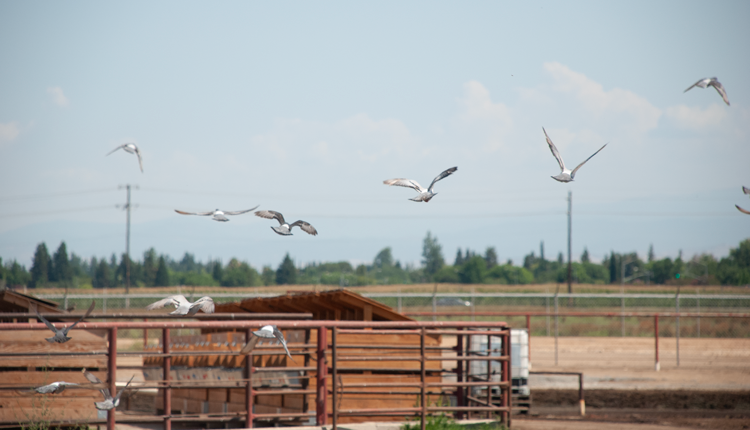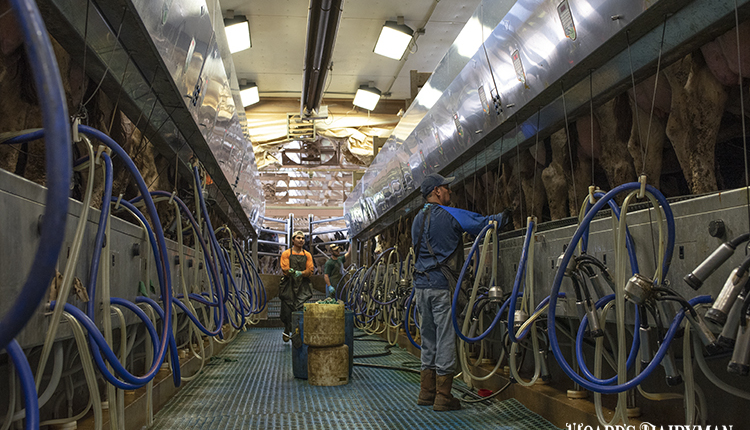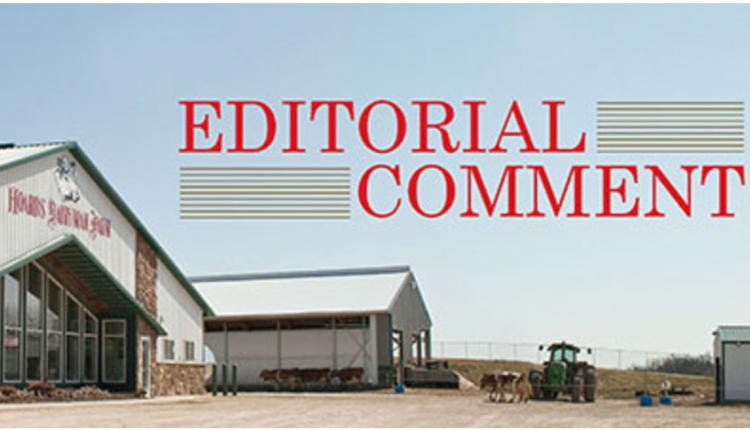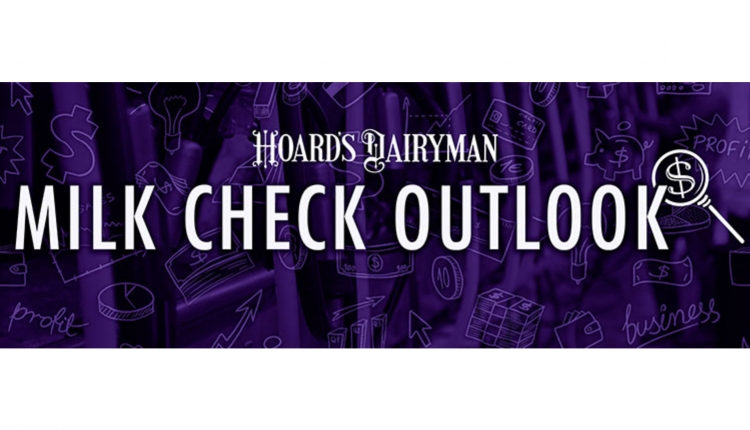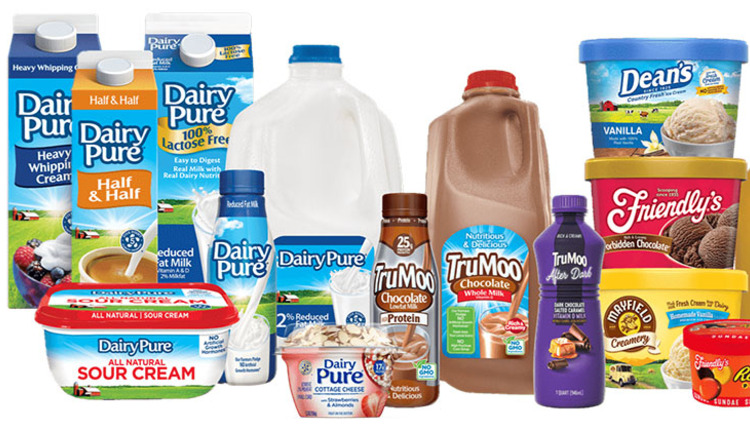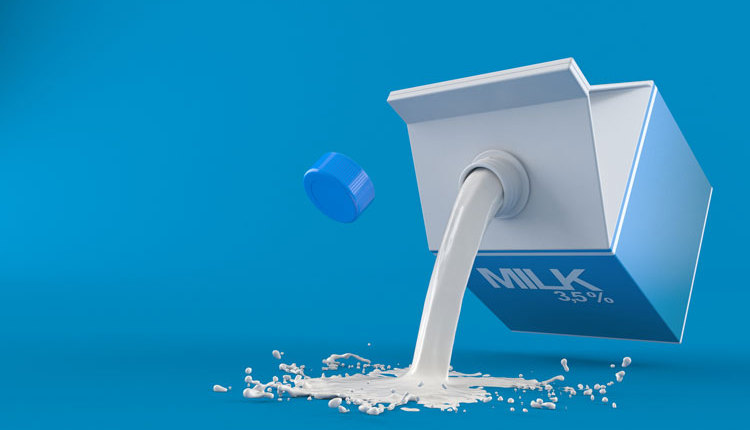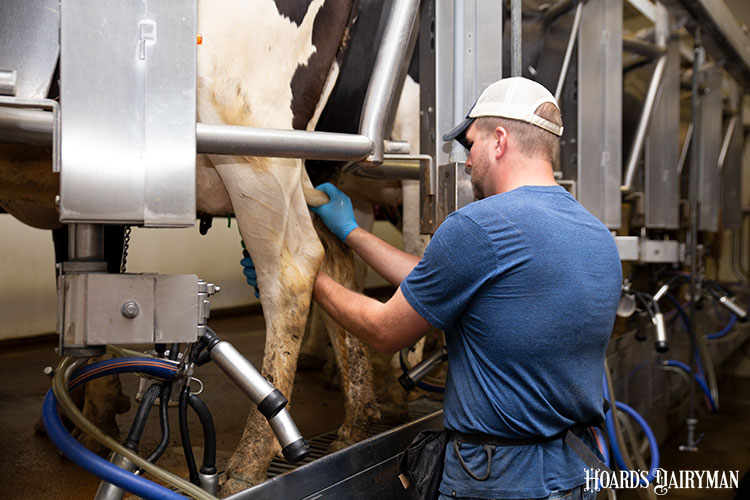
Sadly, it took a pandemic of epic proportions to reconfirm with the consuming public what we knew all along: Farmers and their employees rank among the world’s superheroes. As most Americans self-isolate in their homes, those of us on the front lines of our food supply system soldier on, often working 12-hour-plus days to ensure humanity’s health and wellness during this global crisis brought on by the coronavirus.
“If you work in a critical infrastructure industry, as defined by the Department of Homeland Security, such as healthcare services and pharmaceutical and food supply, you have a special responsibility to maintain your normal work schedule,” said the directive from U.S. President Trump. “You and your employees should follow CDC guidance to protect your health at work,” continued the concise two-page edict entitled “Coronavirus Guidelines for America” issued as our nation began throwing everything it had against this virus.
Those CDC guidelines — as in the Centers for Disease Control and Prevention — include practices involving good hygiene. Regular hand washing and disinfection are just the first steps to keep this virus at bay. We all know our farms present unique challenges that require additional action. We highly encourage you to read “What dairy farmers must know about COVID-19”. The authors from the University of Texas Health Science Center at Houston detail 15 on-farm strategies to counter this persistent bug, which can survive on stainless steel for up to two days and on plastic for another day longer.
Nutrition and human health interlocked
Food and farmers matter so much in this battle because nutrition and human health are interlocked. Well-nourished people are far more likely to have strong immune systems that can eventually overcome infections of this nature. In fact, much of the world’s modern-day prosperity can be attributed to our safe, affordable, and abundantly available food supply — a supply too often taken for granted by the rank and file.
Less than a century ago, foodborne illnesses and contaminated water supplies were the death knell for poorly nourished people. During World War II, American farmers literally fed the Allied forces and saved the world’s war-ravaged citizens by keeping supply chains full of food.
The world needs its farmers
Once again, government leaders are asking farmers and all those in agriculture to go far and beyond the call of duty to keep people fed. God’s blessing to you during this endeavor. We pray that you, your families, and employees stay safe during this unprecedented time.
